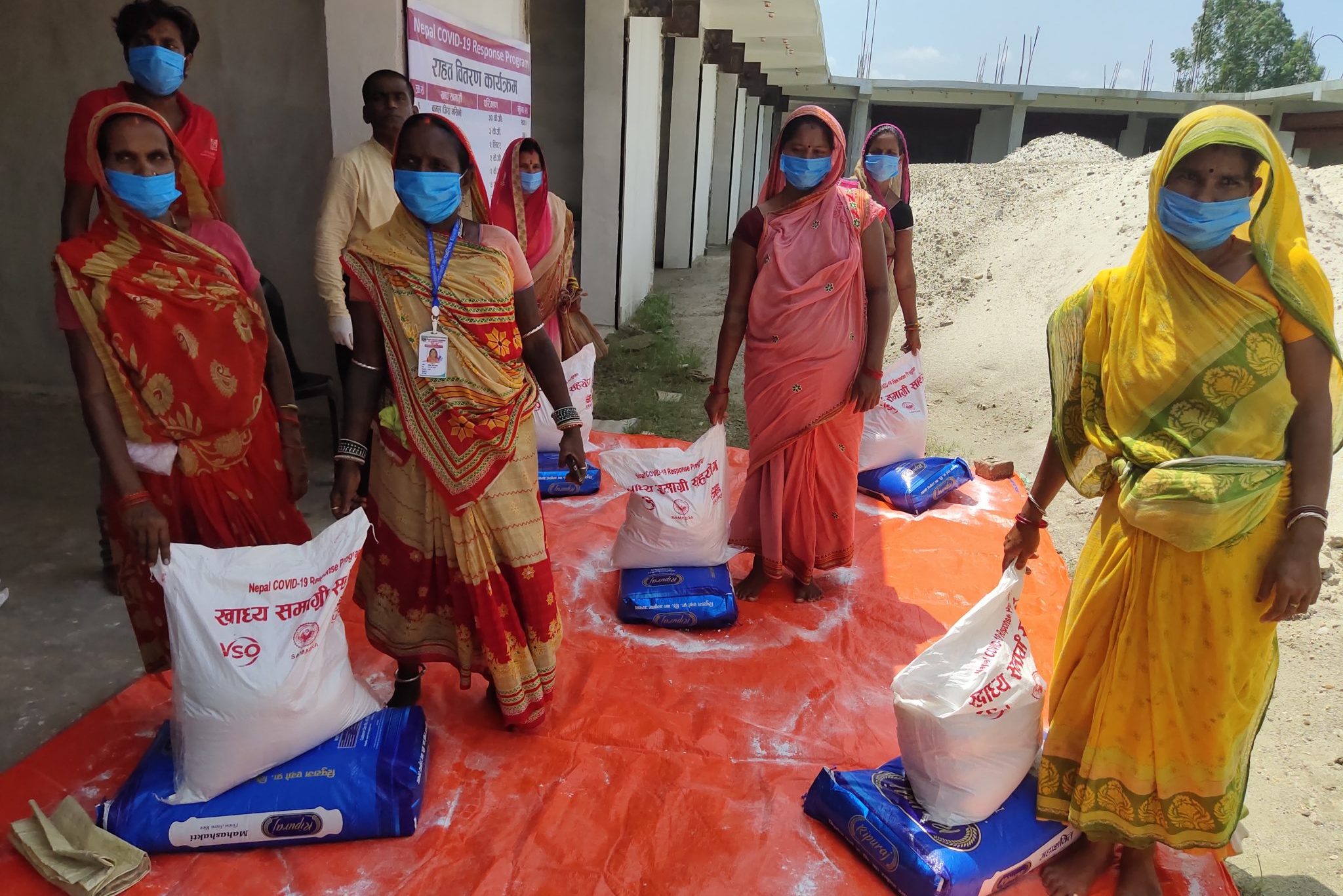The Travel Quandary for Global Aid Workers in the Pandemic

Skift Take
They say charity begins at home, but for the thousands of overseas volunteers that’s not quite the case. Now they’re wondering how to keep going in a world where travel has mostly stopped.
In March last year, the queue to get into Ninoy Aquino International Airport in Manila snaked around the terminal building. Despite the urgency, volunteers there pleaded for an hour longer to finish off their work before evacuating.
It was a similar story for thousands of aid workers posted around the world. Emergency repatriations didn’t just pose logistical challenges for charity organizations; it meant abandoning their communities.
The professional volunteers in the Philippines were just a handful of hundreds that work for UK not-for-profit organization Voluntary Service Overseas, which rushed to bring them home earlier this year as the pandemic hit.
VSO has 700 staff globally, and 300 international volunteers — mostly technical experts — who stay one or two years in a country. Work can vary from teaching villages about crop rotation and building wells, to emergency aid for countries affected by cyclones and other natural disasters. To date it's worked with 80,000 volunteers.
[caption id="attachment_415247" align="alignright" width="400"] Public awareness campaign “Mask Bank” was initiated by VSO in Nepal.[/caption]
But with limited travel options, VSO, along with the wider humanitarian sector, is figuring out how to continue its international development work, which spans 24 countries across Africa and Asia.
"For the non-governmental organization sector, travel isn’t a nice to have. The stuff they do really makes a big difference. It’s crucial, otherwise for some they might as well not exist," said Gary Dobbins, account manager at Diversity Travel, which works with VSO.
While most businesses have migrated to Zoom, video conferencing isn’t an option for “in the field” operations, not least because remote areas rarely have the required internet coverage.
The sector now faces a unique set of travel challenges in 2021, from navigating border closures to sourcing airlifts.
Resetting the Clock
Travel is such an integral
